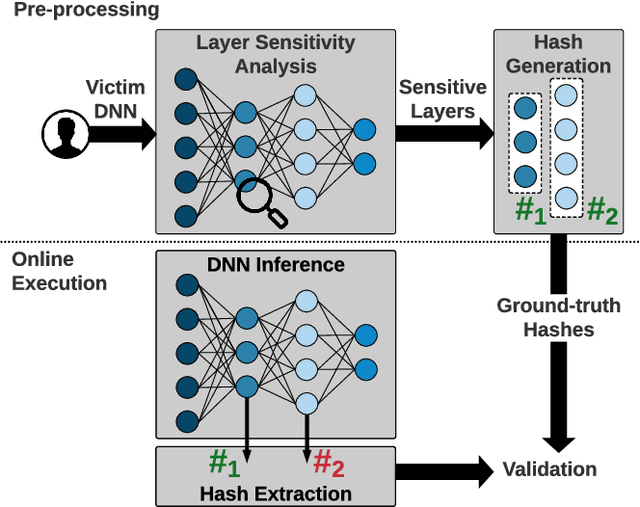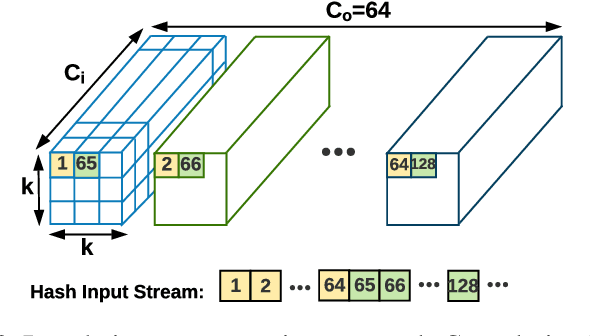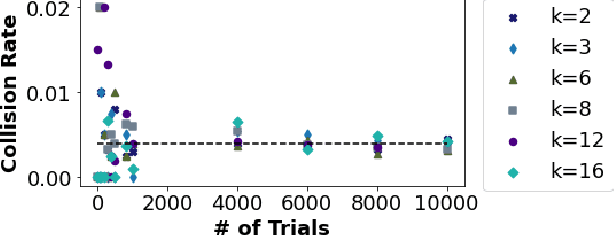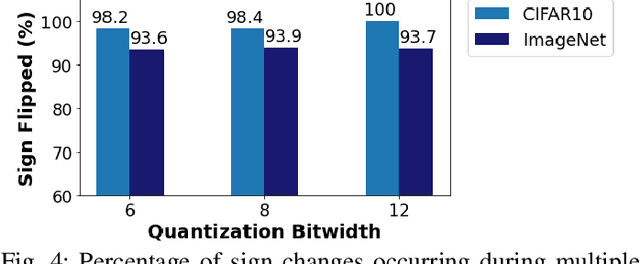HASHTAG: Hash Signatures for Online Detection of Fault-Injection Attacks on Deep Neural Networks
Paper and Code
Nov 02, 2021



We propose HASHTAG, the first framework that enables high-accuracy detection of fault-injection attacks on Deep Neural Networks (DNNs) with provable bounds on detection performance. Recent literature in fault-injection attacks shows the severe DNN accuracy degradation caused by bit flips. In this scenario, the attacker changes a few weight bits during DNN execution by tampering with the program's DRAM memory. To detect runtime bit flips, HASHTAG extracts a unique signature from the benign DNN prior to deployment. The signature is later used to validate the integrity of the DNN and verify the inference output on the fly. We propose a novel sensitivity analysis scheme that accurately identifies the most vulnerable DNN layers to the fault-injection attack. The DNN signature is then constructed by encoding the underlying weights in the vulnerable layers using a low-collision hash function. When the DNN is deployed, new hashes are extracted from the target layers during inference and compared against the ground-truth signatures. HASHTAG incorporates a lightweight methodology that ensures a low-overhead and real-time fault detection on embedded platforms. Extensive evaluations with the state-of-the-art bit-flip attack on various DNNs demonstrate the competitive advantage of HASHTAG in terms of both attack detection and execution overhead.
 Add to Chrome
Add to Chrome Add to Firefox
Add to Firefox Add to Edge
Add to Edge